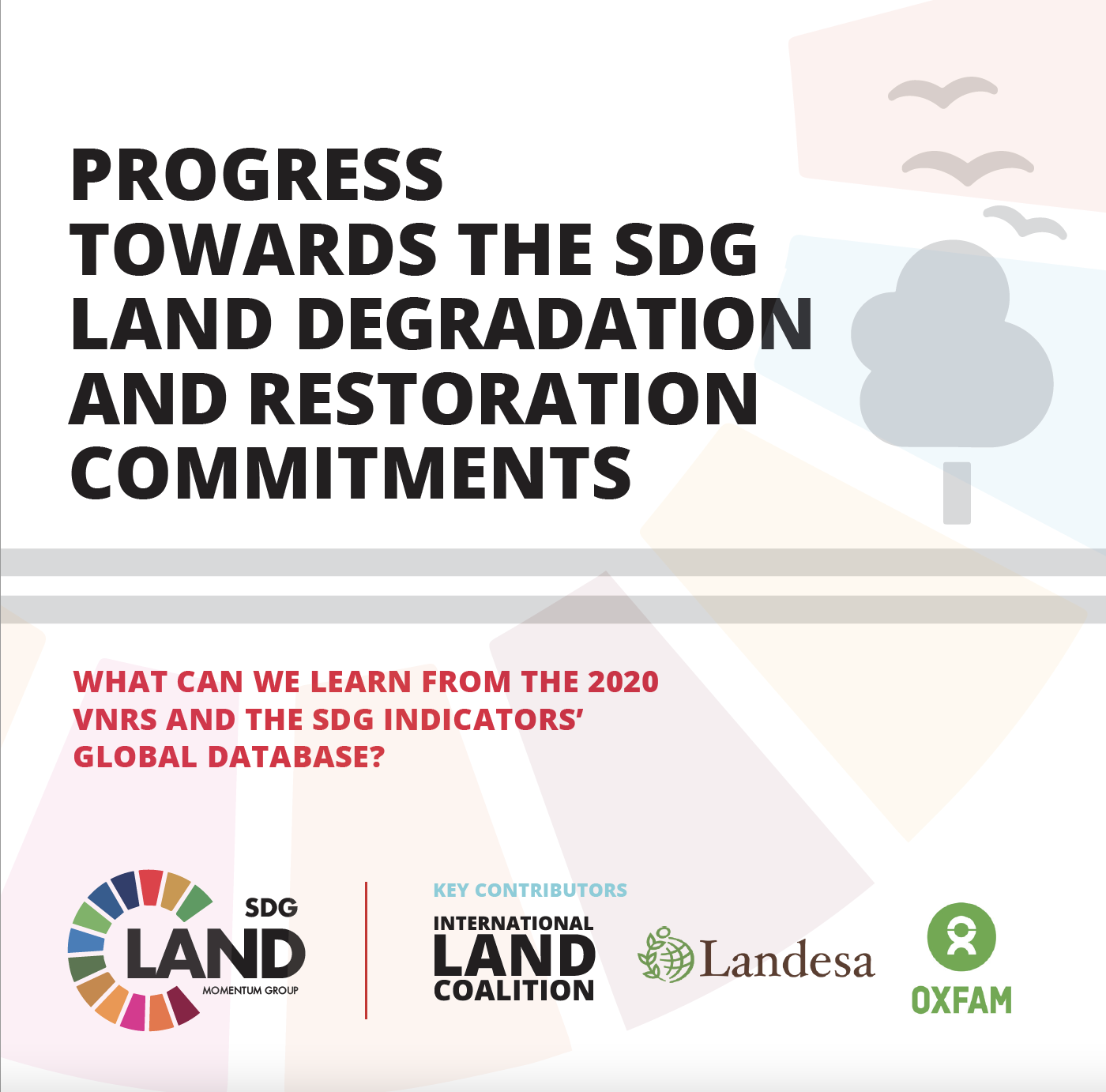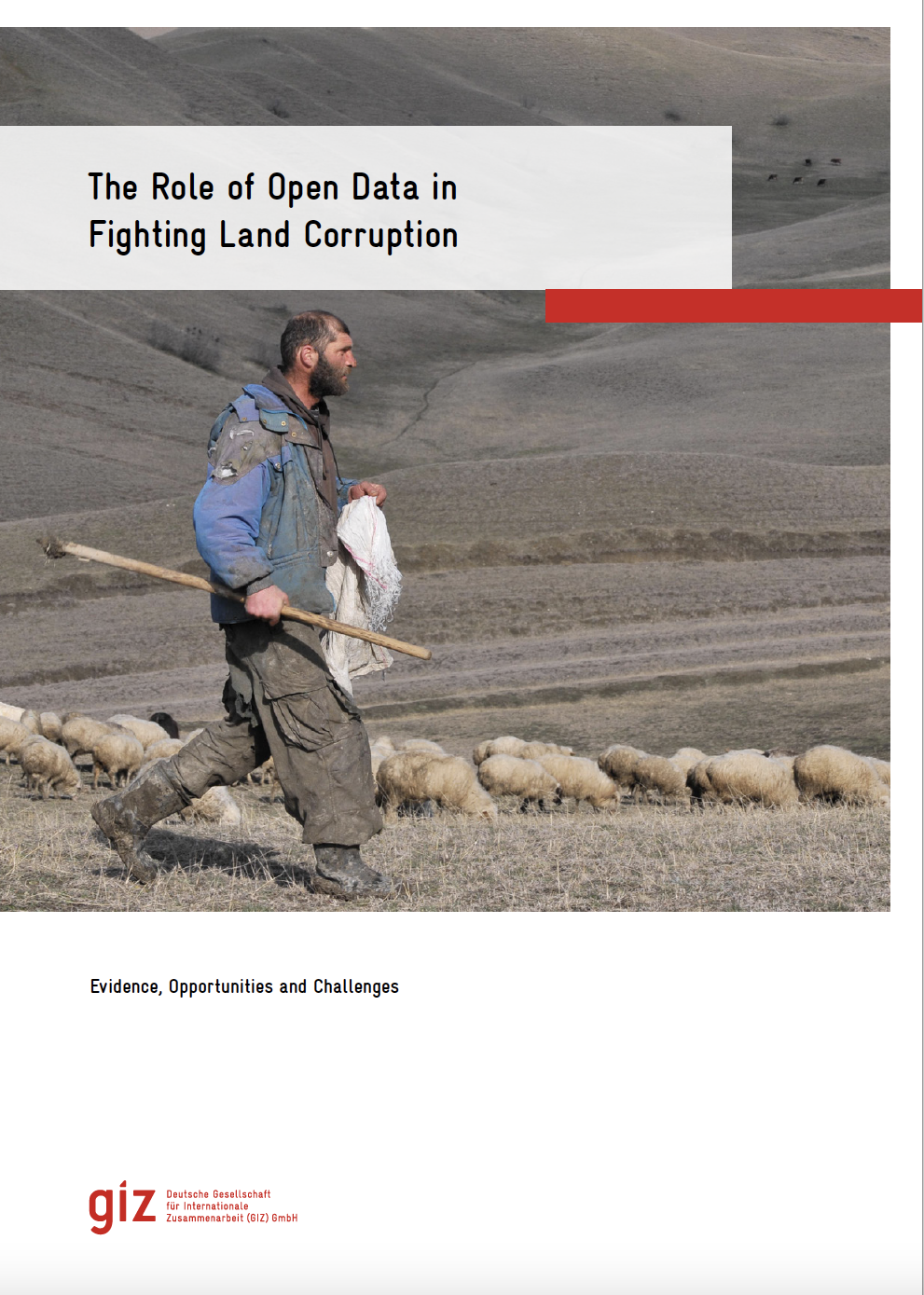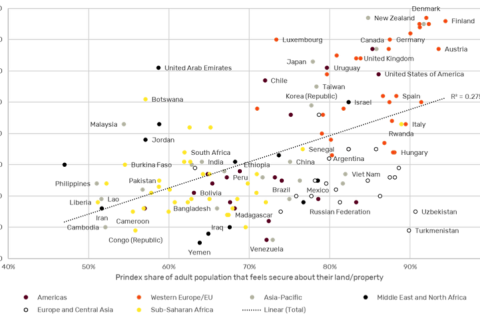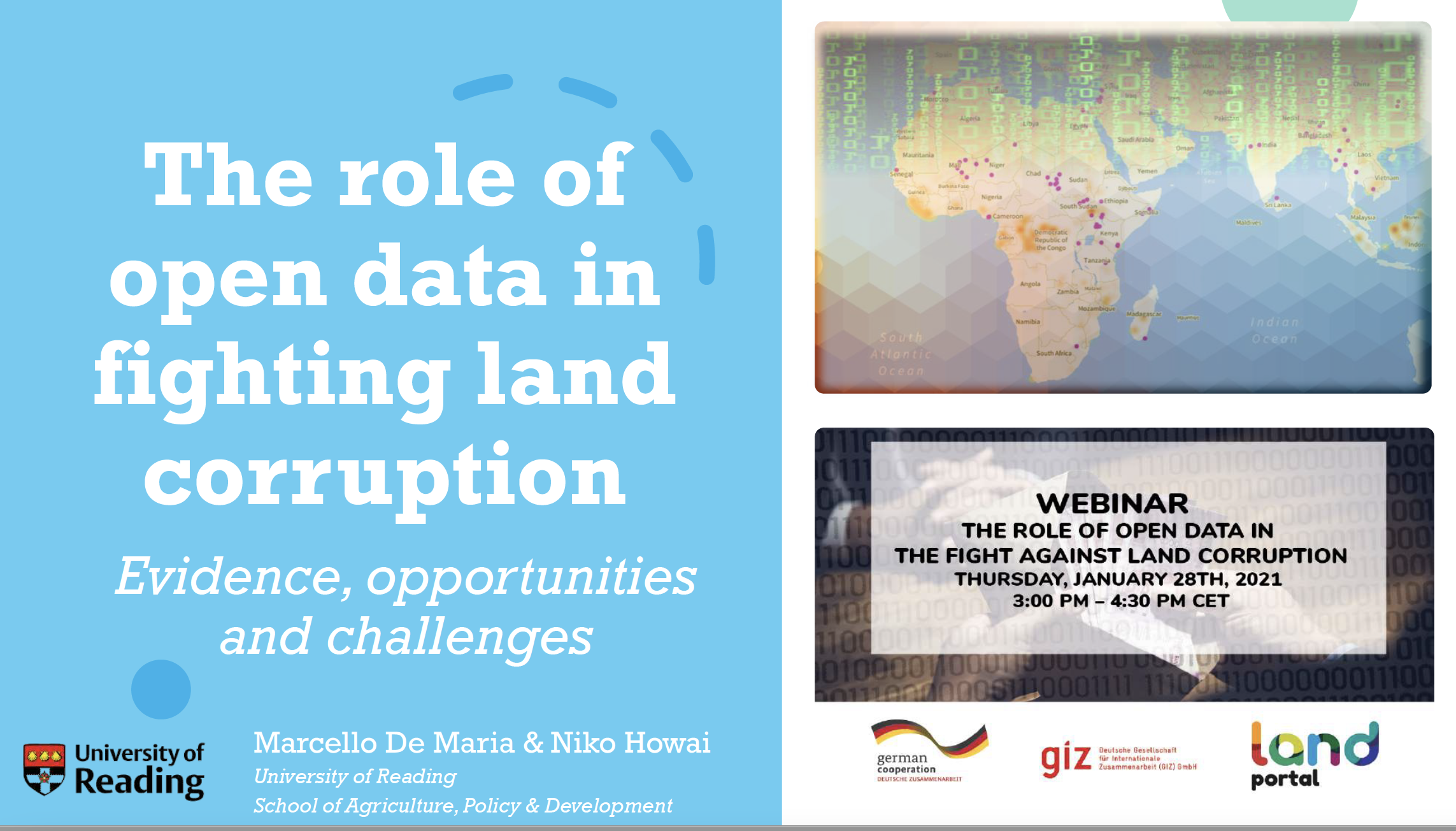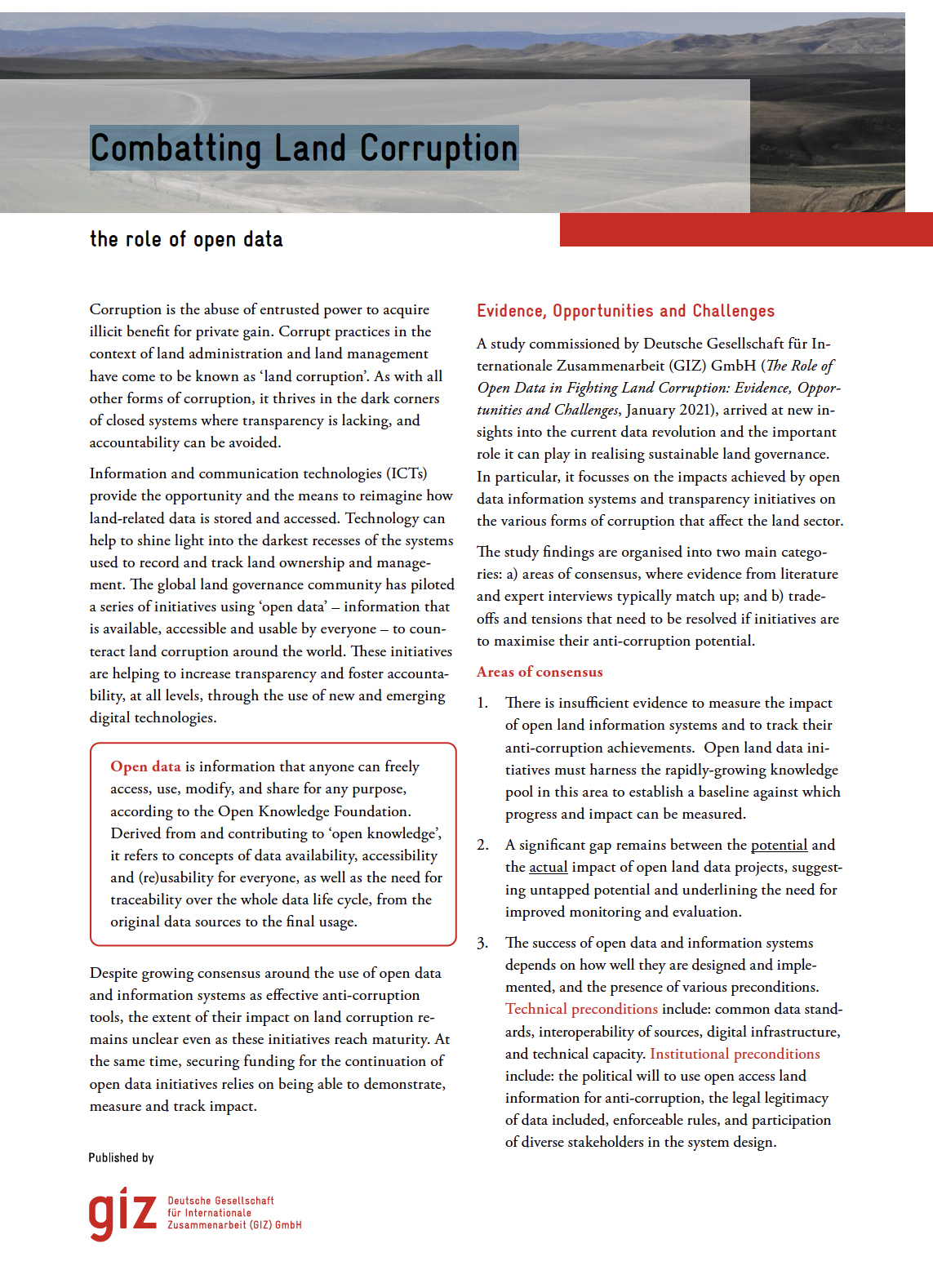Neil Sorensen joined the Land Portal as its Communications Specialist in October 2015. He has extensive experience leading communications for international organizations and developing relationships with civil society, donors, intergovernmental agencies, the media and the private sector. Previously, Neil worked for the International Fund for Agriculture Development (IFAD) as a Governing Bodies Officer and Strategic Adviser to the Secretary of IFAD. He has also led communications for three international organizations, including the International Land Coalition, the International Federation of Agricultural Producers (IFAP) and the International Federation of Organic Agriculture Movements (IFOAM). He holds a Master’s degree in Global Diplomacy from the University of London School of Oriental and African Studies (SOAS) as well as a Bachelor’s degree with a double major in German and Sociology from St. Cloud State University.
Details
Location
Contributions
Displaying 381 - 390 of 1145Progress Towards the SDG Land Degradation and Restoration Commitments
In 2015 we celebrated world leaders’ recognition of the foundational and strategic role that sustainable land management must play t o advance biodiversity conservation and climate resilience.
The role of open data in fighting land corruption
The rapid progress in digital information and communication technologies (ICTs) comes with both fresh opportunities and new challenges for different sectors and actors adopting the new solutions that become available over time. Since the mid-2000s, the global land governance community has piloted a series of open data and transparency initiatives largely based on such digital innovations, aiming at increasing accountability and counteracting corruption in the land sector, both at the local and global level.
The role of open data in fighting land corruption
This is the presentation of Dr. Marcello De Maria, Postdoctoral Researcher at the School of Agriculture Policy and Development at the University of Reading during the webinar on the Role of Open Data in the Fight against Land Corruption on January 28th, 2021.
The analysis revealed overwhelming support for the use of open data as an anticorruption tool in the land sector, but it also found strong evidence for the existence of a high degree of untapped potential.
More sustainable cocoa with the Asase project in Ghana
This month, public sector, private sector and civil society organization partners jointly launched the Accessible Soils And Sustainable Environments (ASASE) project in Ghana. Over the coming four years, this groundbreaking initiative will be working towards an environmentally sustainable future for the cocoa sector, tackling deforestation and working to rehabilitate ageing cocoa farms and restore natural forests.
Poster: Tackling Land Corruption with Open Data
Open Data is data that can be freely used, shared and built-on by anyone, anywhere, for any purpose. Open Data is widely considered to be an effective response to land corruption by increasing transparency, supporting innovation and increasing civic engagement. Advocates of open data believe in its potential for empowering citizens to gain more insight on government spendings and land-related decisions; giving civil society greater power to hold governments accountable for their actions.
Combatting Land Corruption
Corruption is the abuse of entrusted power to acquire illicit benefit for private gain. Corrupt practices in the context of land administration and land management have come to be known as ‘land corruption’. As with all other forms of corruption, it thrives in the dark corners of closed systems where transparency is lacking, and accountability can be avoided.
FIG Working Week 2021
The fact that the Working Week has been transformed to take place virtually brings in new opportunities. This special e-Working Week will be accessible from all over the world, allowing the whole FIG Community with over 250.000 members from 120 countries to join in the event.
'We had to get our land back': Tunisian date farm proves revolutionary bright spot
A wave of land occupations took place during Tunisia’s revolution 10 years ago. A date plantation is one of the few enduring success stories
As revolution swept Tunisia 10 years ago, the people of Jemna saw their chance to settle a colonial-era score - seizing a 185-hectare (460-acre) date plantation just outside the oasis town.



